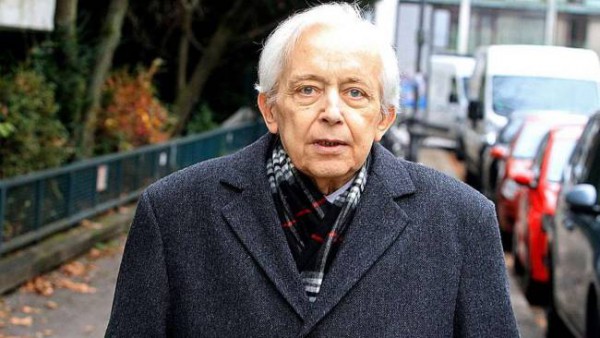Law & Politics
Thousands of Documents Belonging to Nazi-Era Art Dealer Hildebrand Gurlitt Leaked Online
The leaks will have broad implications for the rightful owners of Nazi-looted art.

The leaks will have broad implications for the rightful owners of Nazi-looted art.

Hili Perlson

The Gurlitt family has announced that documents that belonged to Cornelius Gurlitt’s father, the Nazi-era art dealer Hildebrand Gurlitt, have been digitized and will be made available online in the very near future, Süddeutsche reports.
The documents from the Gurlitt estate include letters, photographs, business correspondence, and pictures of artworks. The immense scope of the data is estimated to be published over 15,000 digital pages.
Cornelius Gurlitt’s cousin, Uta Werner, reportedly wants to enable a more transparent processing of the collection (see Gurlitt Heirs Pledge to Restitute Looted Art and Gurlitt Was Mentally Unfit to Write Will, Cousins Claim).
Unparalleled Implications for Provenance Research
None of the names in the documents will be blackened out, thus exposing the identities of the individuals who have bought or sold artworks. This is set to be a remarkable move that will have ramifications for the entire field of provenance research in Germany and beyond.
The first files will be leaked in the next few days, and documents are to be released continuously throughout the year, with the entire digital data base existing online by the end of September.
The documents will have wide-reaching implications for the rightful owners of Nazi-looted art. Not only are the works in Gurlitt’s own collection documented there, but also historically significant correspondences from the time Hildebrand Gurlitt was acquiring artworks for the planned “Führer Museum” in Linz.
Legal Battles
The files in question were removed from Gurlitt’s villa outside of Salzburg in 2014, before his death, when he declared he wished to return looted works from the collection (see Gurlitt Gives German Task Force One Year to Research Provenance of Suspected Nazi Loot).
The 25,000 documents and 250 artworks found there took five days to remove. But the processing of the material stopped when Cornelius Gurlitt died in May 2014. The files have not been sorted or processed since.
The Berner Zeitung speculates that the legal battles between Gurlitt’s family and the Kunstmuseum Bern could be the reason for the so-called “Conny Leaks” (see Kunstmuseum Bern Accepts 1,300 Artwork Nazi-Era Gurlitt Collection Amidst Legal Battles and Dispute Over the Will Delays Gurlitt Acquisition by Kunstmuseum Bern).
Werner has previously criticized the delays in restitution of paintings to their rightful owners (see Rosenberg Heirs’ Claim to Gurlitt Matisse Stalled).